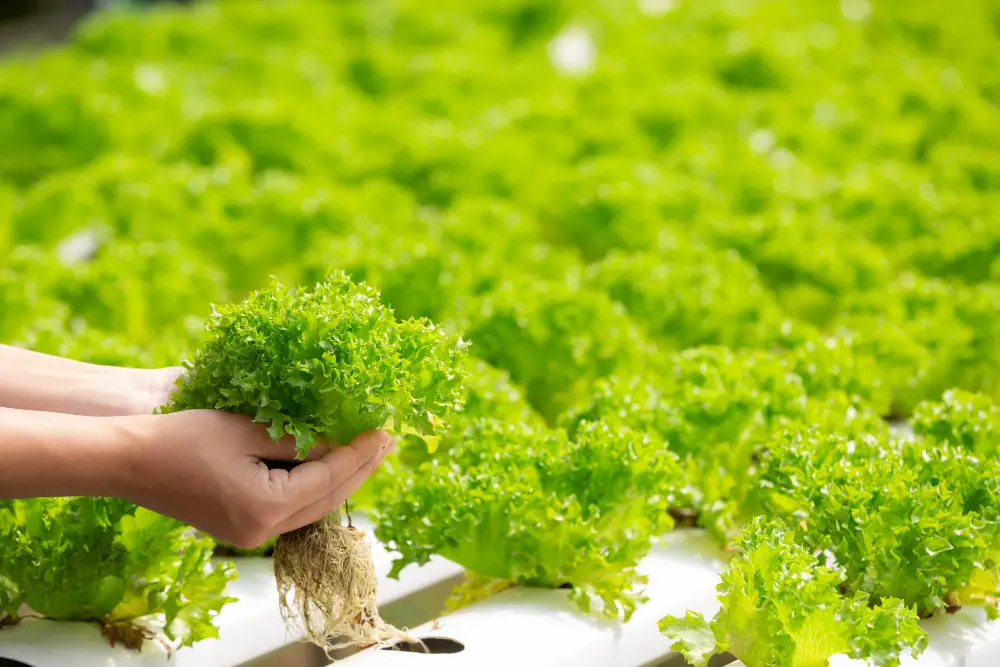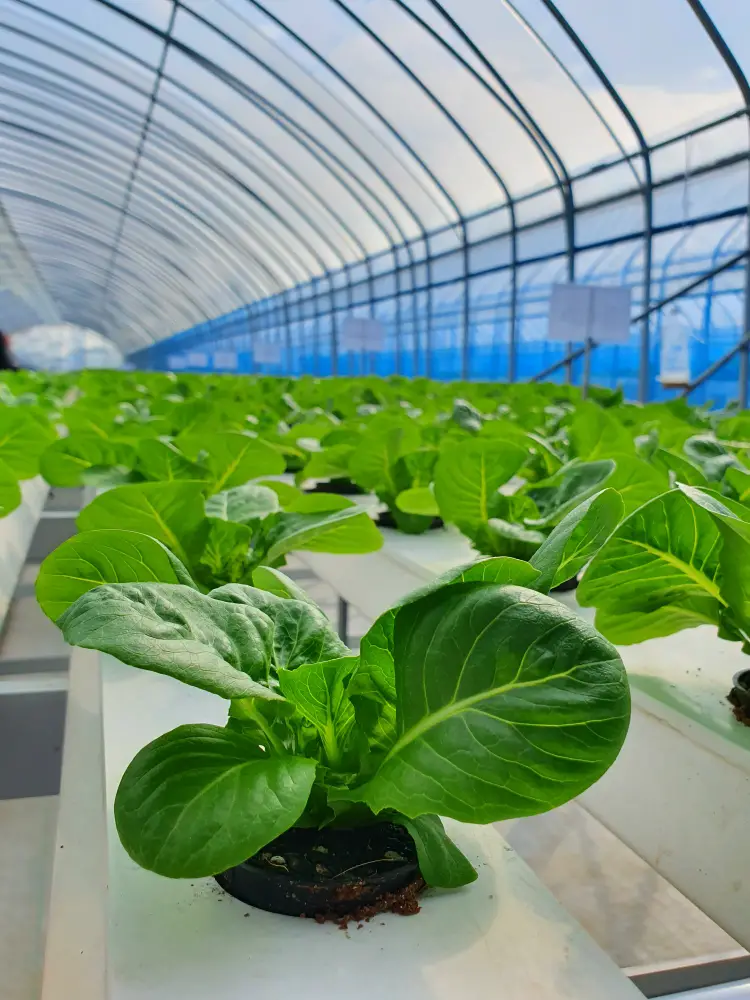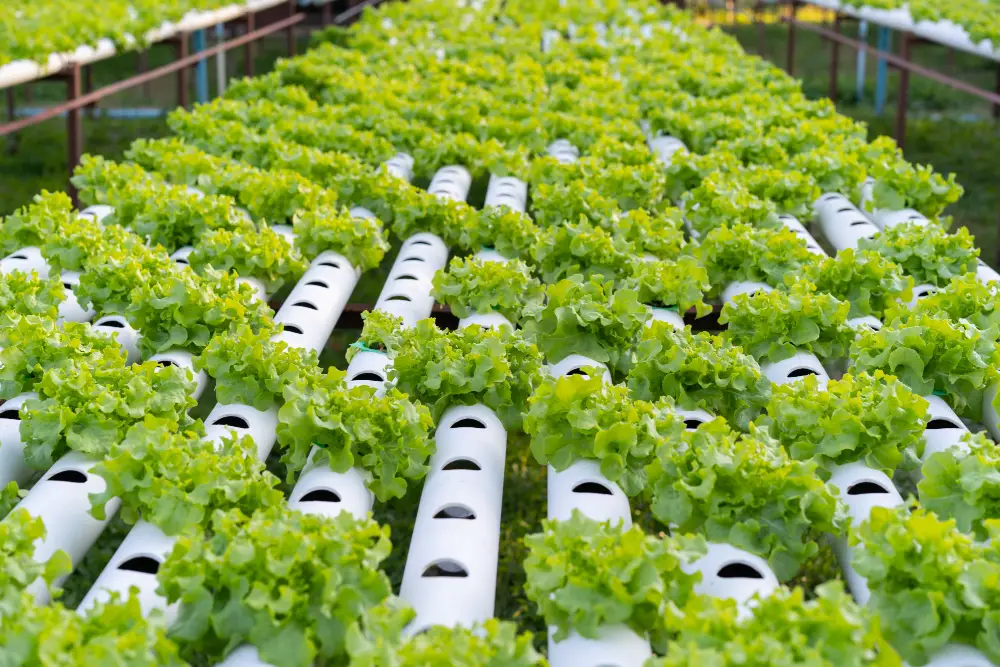Last updated on
In the realm of agriculture, hydroponics stands as a revolutionary method reshaping the way we grow plants. This soil-less cultivation technique isn’t just a modern trend but a pioneering approach that’s redefining agriculture by leveraging innovation, efficiency, and sustainability.
Here’s an in-depth exploration into the world of hydroponics, unveiling its principles, benefits, and impact on the future of farming.
What's Inside
The Essence of Hydroponics

Hydroponics is a cultivation method that involves growing plants without soil, instead using nutrient-rich water solutions to deliver essential minerals directly to the plant roots. This method utilizes various systems such as deep water culture, nutrient film technique, aeroponics, or drip systems to provide optimal conditions for plant growth, controlling factors like pH levels, nutrient concentrations, and water supply.
The people behind Logan Hydroponics note that this technique offers a consistent, controlled environment for crop growth, enabling farmers to grow plants faster and more efficiently compared to traditional soil-based farming methods. When practiced correctly, hydroponics can result in higher yields and offer significant benefits over conventional farming techniques.
Advantages and Benefits

The adoption of hydroponics brings forth a multitude of benefits. Firstly, it conserves water by recycling and reusing it within closed systems, drastically reducing water usage compared to traditional soil-based agriculture. Additionally, the controlled environment minimizes the need for pesticides and herbicides, fostering cleaner and more sustainable crop production.
Moreover, hydroponic systems enable year-round cultivation, bypassing seasonal constraints and offering consistent yields regardless of climate conditions. In addition, hydroponics reduces land usage, as the vertical farming approach allows for more crops to be grown in smaller spaces. This efficient utilization of space makes hydroponic systems ideal for urban agriculture and indoor gardening.
Sustainability and Efficiency

One of the hallmark features of hydroponics is its inherent sustainability. By optimizing resource utilization, including water and nutrients, hydroponic systems promote eco-friendly practices in agriculture. The method’s efficiency extends to space utilization, as vertical farming and stacked systems allow for high-density crop production, making it viable even in urban areas with limited space.
Innovations Driving Hydroponics
Technological advancements play a pivotal role in the evolution of hydroponics. Automated monitoring systems, smart sensors, and AI-powered solutions ensure precise control over environmental factors, optimizing plant growth conditions. Additionally, the integration of renewable energy sources like solar power further enhances the sustainability of hydroponic setups.
Challenges and Considerations

While hydroponics holds immense promise, challenges exist, particularly in initial setup costs and technological expertise required for maintenance. Moreover, achieving the right balance of nutrients and pH levels demands meticulous attention, necessitating a learning curve for successful implementation.
Hydroponics in the Future of Agriculture
As global populations surge and arable land diminishes, hydroponics emerges as a crucial player in securing food sustainability. Its adaptability to diverse environments, minimal ecological footprint, and ability to produce high-quality crops position it as a key solution for addressing future food security challenges.
Hydroponics represents a paradigm shift in agriculture, embodying innovation, sustainability, and efficiency. As the world grapples with environmental concerns and food production challenges, this method offers a promising pathway toward a more sustainable and resilient future.
Its integration of technology, emphasis on resource optimization, and capacity to revolutionize farming practices make hydroponics a beacon of hope in shaping the future of agriculture on a global scale.




